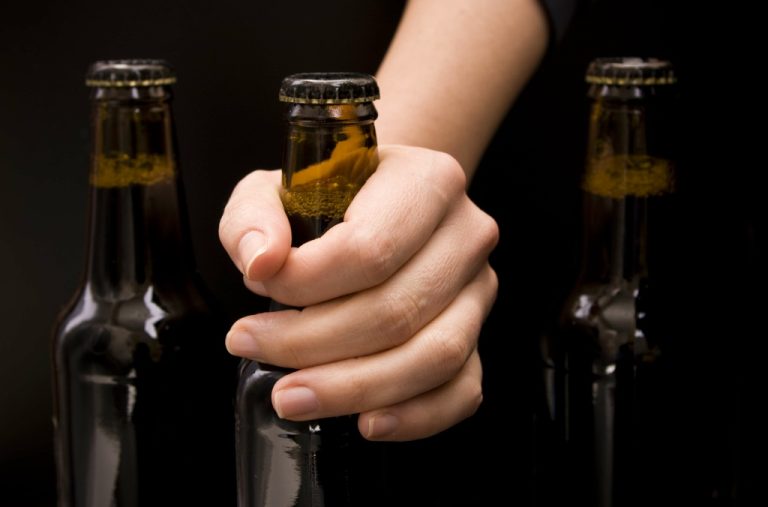Some may wonder if quitting drinking is even worth it—especially if they’ve never experienced a serious consequence from drinking—such as a DUI, a major health crisis, or the breakdown of https://podarkiwsem.ru/esthetic-house-korejskaya-kosmetika-dlya-krasoty-volos/ a personal relationship. Why being sober is better not only includes the physical and emotional benefits but also the profound sense of pride and accomplishment that comes with maintaining sobriety. This can boost your self-esteem and confidence, which are essential for a fulfilling life.
Is Sobriety Date the Last Drink?
- Embracing sobriety often leads to a noticeable improvement in mood, as individuals move away from the temporary emotional fixes alcohol provides to more stable, genuine feelings.
- Managing alcohol cravings can be achieved through taking anti-craving medication, finding a recovery coach, and avoiding triggers.
- Evidence-based addiction treatment uses the current and best research-based evidence to make informed decisions about your rehab care.
- There’s the sense that if you’re not usingdrugsor alcohol, somehow life is boring or uninteresting.
Life after addictionmight also mean you have more professional success and new creative outlets that you discover when drugs and alcohol aren’t occupying all of your time. If you’re seeking help for yourself or a loved one, our expert team is here to guide you every step of the way. It’s a deeper level of work that goes beyond just removing the substances from the equation. “When we look at emotional sobriety, we’re looking at emotional identification, emotional regulation and regulating behaviors related to emotions,” says Fry. However, the idea behind the Addicted-Self Model is that alcoholism, like many other diseases, is a physical ailment—one that there is no cure for, only treatments that can help alleviate the symptoms.
Tips to Help You Stay Sober

If you’re not experiencing negative health effects right now, it might be a good idea to learn about what could happen if you do keep drinking. Lean on close friends and family for support, even if your relationships aren’t what they used to be. Think about going to counseling or family therapy to help with that and to deal with other personal issues. One study found that 68% of people treated in a detox unit experienced moderate alcohol withdrawal symptoms.
Manage Physical Pain
Treatment http://www.ab-group.ru/katalog-tekhniki/personalnye-kompyutery/65591.html provides you with the tools to change your thoughts, emotions, and behaviors around substance use. If you’re not ready or willing to change those behaviors and thoughts, then treatment cannot do what it’s designed to do. What type of treatment you need depends on several factors, including the severity of your addiction.
Improved Relationships
It’s about rediscovering life without the haze of substances, where every emotion and experience is raw and real. Building and maintaining supportive relationships that promote sobriety and personal growth is essential for a successful recovery journey. Be proactive in creating positive connections by volunteering, attending support groups, and engaging in meaningful conversations with friends and family. Involving family https://fuhrerscheinonline.net/avoiding-drunk-driving-and-substance-impairment/ and friends in your recovery process can provide invaluable emotional support and encouragement.

